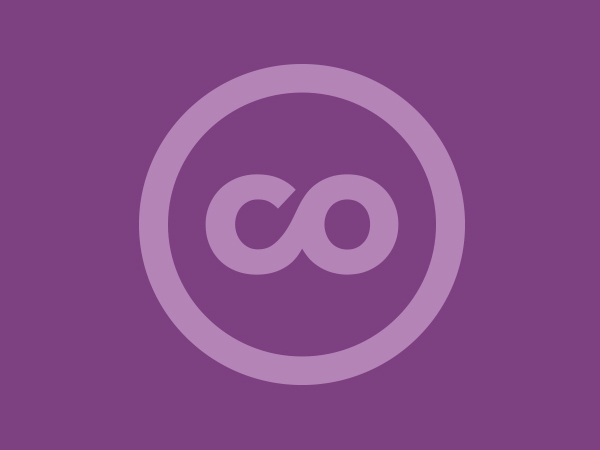Domestic Violence Awareness Month (DVAM) emerged from a single event in 1981 into a nationally recognized time to remember individuals we’ve lost to intimate partner violence, lift up voices of survivors, and collaborate on ways to end violence everywhere. We identify that intimate partner violence and sexual violence are a result of similar root issues: oppression, inequality, and discrimination. As we recognize DVAM and plan year-round programming, NJCASA is informed by the intersection of these issues.

Intimate partner sexual violence (IPSV) happens when a trusted partner uses force, threats, manipulation, or coercion to control their partner and force them into unwanted sexual contact or activity. Other forms of abuse may include birth control sabotage, forced unsafe sex practices, and/or controlling a female partner’s decisions regarding pregnancy. While the root causes are similar, IPSV has a few characteristics that make it slightly different than other forms of intimate partner violence and/or sexual assault. Survivors of IPSV often experience long-lasting or repeated trauma and assaults, higher risk for mental health concerns and condition, and are at great risk for physical violence, contracting sexual-transmitted infections, and fatal incidences. Informing our advocacy around the intersection of intimate partner violence and sexual violence ensures we support all survivors in the best possible way.
An informed and aware community can be a powerful force in the movement to end all forms of violence. Here are a few small steps we can take to create safer and more respectful spaces for all:
- Offer support and affirmation to survivors who come forward. A simple, “You don’t deserve to be treated like that.” can go a long way. Survivors are often met with disbelief or disrespect when they disclose to someone – this can contribute to feeling further isolated or alone. Create connection and community with an affirming response and space for them to share.
- Host a DVAM event and/or share resources using social media. The National Research Center on Domestic Violence has some campaign activities and ideas ranging some individual action to community-wide events.
- Contact your local domestic violence agency to learn about events you can attend or support.
Corresponding with the start of DVAM, the New Jersey Coalition for Battered Women, now called the New Jersey Coalition to End Domestic Violence, announced their updated name, website, logo, and mission. Please visit www.njcedv.org to view the brand new website and updated content.
Together, we can work toward ending all forms of power-based personal violence and the root causes that fuel them.






